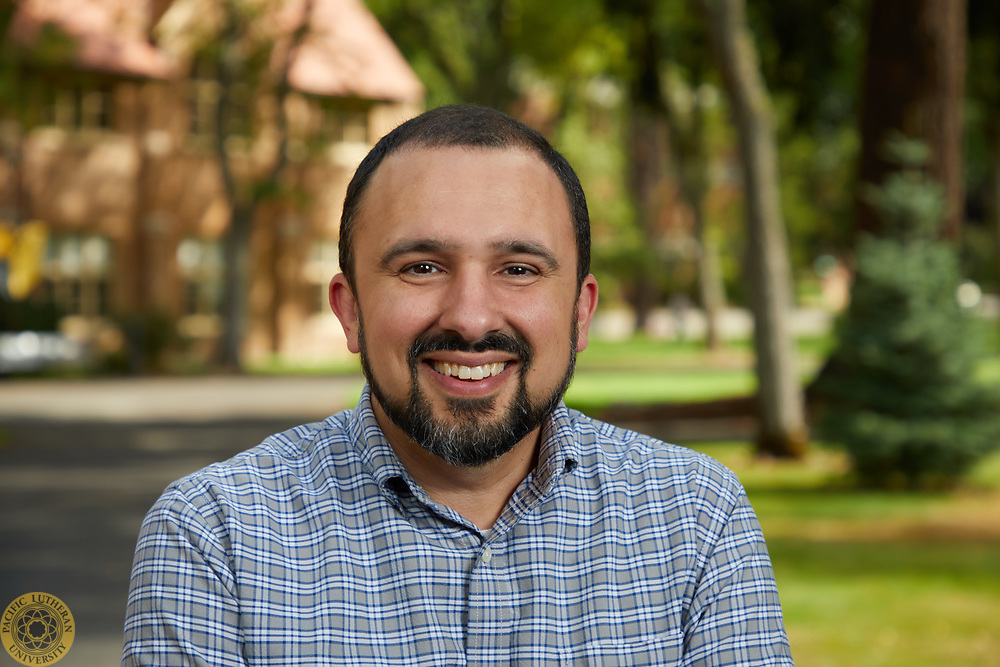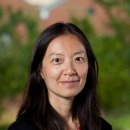Page 1 • (28 results in 0.011 seconds)
-

Assistant Professor of Physics | Department of Physics | oneillsm@plu.edu | 253-535-7007
Astrophysics Numerical Hydrodynamics Astrophysical Jets and Black Hole Physics Visualization of 3D Data
Office HoursTue: 2:00 pm - 3:00 pmWed: 1:00 pm - 3:00 pmMon - Fri: -Area of Emphasis/Expertise -
Common Resources Professional development resource guide Numerical Recipes Home Page Britannica Online OneLook Dictionaries, The Faster Finder Nobel Prize homepage Martindale's reference desk
Online Resources Common Resources Professional development resource guide Numerical Recipes Home Page Britannica Online OneLook Dictionaries, The Faster Finder Nobel Prize homepage Martindale’s “reference desk” Companies/Physics Laboratories Edwards High Vacuum International Cornell NanoScale Science & Technology Facility (CNF) Home Page Ted Pella National Instruments Fermi National Accelerator Laboratory Los Alamos National Laboratory Pacific Northwest National Laboratory CERN Fun Stuff
-
The DOE NNSA SSGF provides outstanding benefits and opportunities to students pursuing a Ph.D. in areas of interest to stewardship science, such as properties of materials under extreme conditions and hydrodynamics, nuclear science, or high energy density physics. Renewable up to four years, the fellowship…
Department of Energy National Nuclear Security Administration Stewardship Science Currently accepting applications through January 5, 2022. Posted by: alemanem / December 15, 2021 December 15, 2021 The DOE NNSA SSGF provides outstanding benefits and opportunities to students pursuing a Ph.D. in areas of interest to stewardship science, such as properties of materials under extreme conditions and hydrodynamics, nuclear science, or high energy density physics. Renewable up to four years, the
-

Associate Professor Emeritus of Mathematics | Department of Mathematics | zhuma@plu.edu
Mei Zhu Associate Professor Emeritus of Mathematics Email: zhuma@plu.edu Status:Emeritus Professional Education Ph.D., Mathematics, University of Washington, 1994 M.S., University of Washington, 1990 M.S., Chinese Academia Sinica, Beijing, 1988 B.S., Tsinghua University, Beijing, 1985 Areas of Emphasis or Expertise Mathematical Biology Differential Equations Numerical Analysis
Contact Information -
The Oregon Center for Electrochemistry’s masters-level internship program attracts chemistry, physics, biology, and engineering students and provide nationally unique training including rigorous foundational electrochemical theory, team- and inquiry-based laboratory work, numerical simulation and engineering of electrochemical systems, and experience tackling industry-sponsored, team research projects. Concepts…
UO Masters’ Internship program in Electrochemistry Posted by: nicolacs / November 18, 2021 November 18, 2021 The Oregon Center for Electrochemistry’s masters-level internship program attracts chemistry, physics, biology, and engineering students and provide nationally unique training including rigorous foundational electrochemical theory, team- and inquiry-based laboratory work, numerical simulation and engineering of electrochemical systems, and experience tackling industry-sponsored, team
-
The Oregon Center for Electrochemistry’s masters-level internship program attracts chemistry, physics, biology, and engineering students and provide nationally unique training including rigorous foundational electrochemical theory, team- and inquiry-based laboratory work, numerical simulation and engineering of electrochemical systems, and experience tackling industry-sponsored, team research projects. Concepts…
UO Masters’ Internship program in Electrochemistry Posted by: nicolacs / November 18, 2021 November 18, 2021 The Oregon Center for Electrochemistry’s masters-level internship program attracts chemistry, physics, biology, and engineering students and provide nationally unique training including rigorous foundational electrochemical theory, team- and inquiry-based laboratory work, numerical simulation and engineering of electrochemical systems, and experience tackling industry-sponsored, team
-
The Optometry Admission Test (OAT) is a standardized, 4-hour examination designed to measure general academic ability and comprehension of scientific information.
. Each test results in a numerical score of 200-400. The results are scaled such that a score of 300 represents the average national performance. The four tests are as follows: Survey of Natural Sciences = 90 minutes, 100 questions – 40 questions cover biology, 30 questions cover general chemistry, and 30 questions cover organic chemistry Reading Comprehension = 50 minutes, 40 questions – three reading passages each with 13 or 15 questions about each passage Physics = 50 minutes, 50 questions
-
The Optometry Admission Test (OAT) is a standardized, 4-hour examination designed to measure general academic ability and comprehension of scientific information.
. Each test results in a numerical score of 200-400. The results are scaled such that a score of 300 represents the average national performance. The four tests are as follows: Survey of Natural Sciences = 90 minutes, 100 questions – 40 questions cover biology, 30 questions cover general chemistry, and 30 questions cover organic chemistry Reading Comprehension = 50 minutes, 40 questions – three reading passages each with 13 or 15 questions about each passage Physics = 50 minutes, 50 questions
-
Learners will be able to demonstrate and apply their understanding of fundamental concepts by successfully solving a variety of physics problems in different contexts.
collaboration in group and team environments, such as group problem solving and laboratory experiments. A detailed list of collaborative activities is provided within the learning outcomes of each course, included in the course syllabus. Learners will be able to computationally solve physics and/or engineering problems using software packages such as spreadsheets, numerical integration, matrix multiplication tools, or symbolic manipulation (computer algebra) systems, as appropriate for employment or for
-
The Department of Mathematics at Columbia University offers a Master of Arts program in Mathematics with a specialization in the Mathematics of Finance (MAFN). It is co-sponsored by the Department of Statistics, and it draws on the diverse strengths of the university in mathematics, statistics,…
Mathematics of Finance at Columbia University Posted by: nicolacs / October 29, 2024 October 29, 2024 The Department of Mathematics at Columbia University offers a Master of Arts program in Mathematics with a specialization in the Mathematics of Finance (MAFN). It is co-sponsored by the Department of Statistics, and it draws on the diverse strengths of the university in mathematics, statistics, stochastic processes, numerical methods, and financial applications. We strive for a balance between
Do you have any feedback for us? If so, feel free to use our Feedback Form.


